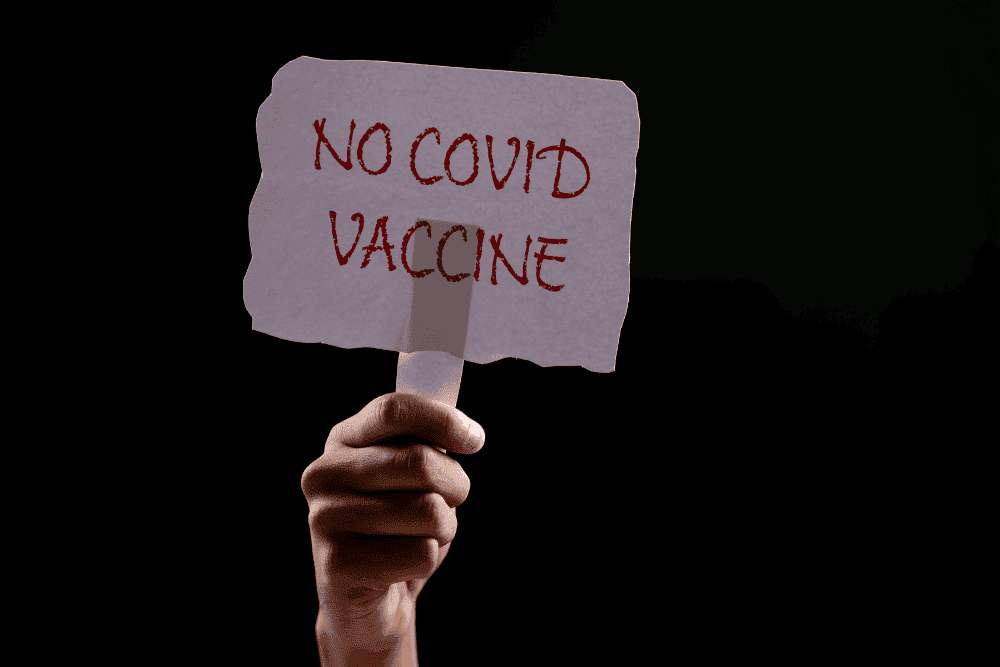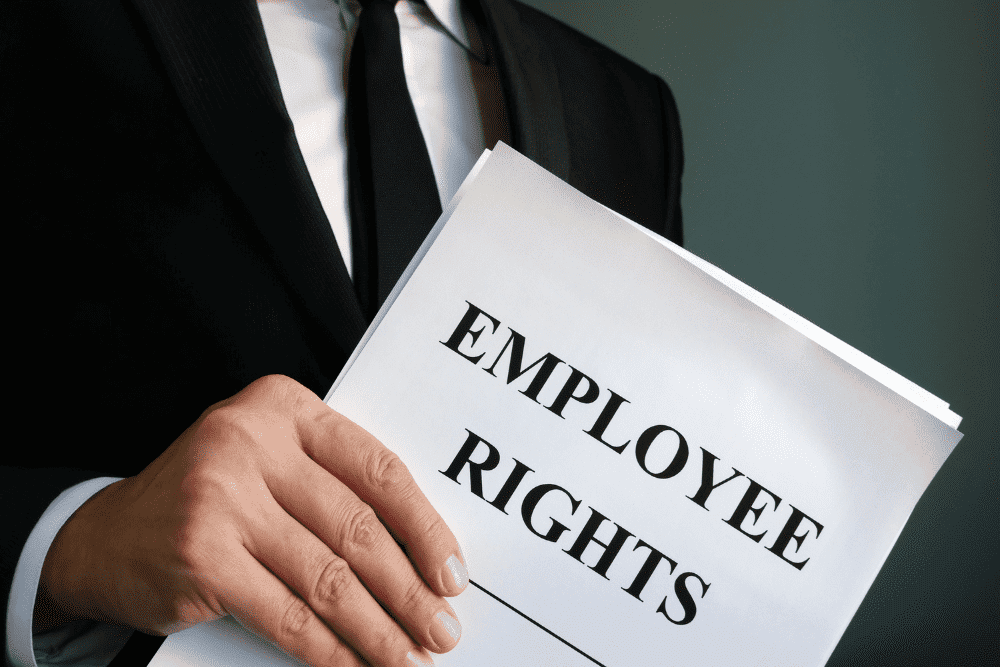Cruising is on its way back. Well, with restrictions, anyway.
Some cruise lines plan to set sail from certain ports in the summer of 2021. However, due to COVID-19, some significant restrictions will form part of the cruise experience for both passengers and employees.
The Centers for Disease Control and Prevention has mandated cruise lines to sail smaller passenger loads with a vaccination requirement.
This begs the question: if passengers must be vaccinated, what about employees? Can cruise lines require vaccination for them as well? Read on to find out more on this issue.
Can Employers Require Vaccination?
Right now, COVID-19 vaccines available in the United States have been approved for emergency use.
That means the Food and Drug Administration has not yet given its full approval to the vaccine – but that’s right around the corner. An employer cannot require a vaccine until the FDA issues its stamp of approval.
As long as a vaccine rolls out under emergency-use provisions, it’s a voluntary vaccine.
Employers must contend with many issues when it comes to workplace vaccinations. After all, employees have rights. But once the vaccine meets full approval, you may very well see employers, like cruise lines, require it for work.

Even if that happens, in some cases, employers need to accommodate those who don’t want to or cannot get the vaccine. These circumstances include:
Disabilities
The Americans with Disabilities Act offers support to those who work with disabilities. While the ADA does state that accommodations cannot pose a direct threat to the safety and health of others, vaccination requirements that exclude disabled people can pose a sticky issue.
If a person cannot be vaccinated for ADA-covered medical reasons, the employer would need to determine the threat to others in the workplace. Factors of determination would include:
- How long the unvaccinated employee may pose a risk
- The nature and severity of potential harm
- How forthcoming the threat might be
- The likelihood that harm will occur
Employers should work with employees covered by the ADA to provide reasonable accommodations. They may need to alter duties, work in a different position, or review their operations role to understand how to change the specific job.
Religion
Sometimes a person may not want vaccination due to a sincerely held religious belief.
Under Title VII, employers should accommodate a person’s religious beliefs, unless it will cause undue business hardship. Undue hardships have been legally defined as causing more than a small cost or burden to the employer.
Is It Discrimination?
Let’s say someone gets fired because they refuse the vaccine, even if it’s due to one of the factors listed above. Does this count as discrimination?
It may be true that employers can physically keep employees who refuse vaccination out of the workplace. Still, they must understand other rights under guidelines set by the Equal Employment Opportunity Commission.
The EEOC considers an action discriminatory if it involves:
Unfair Treatment
A person experiences discrimination in the workplace if their color, sex, race, national origin, religion, disability, or age were used as a reason for termination.
Retaliation
It’s illegal to retaliate against an employee in response to their discrimination complaints.
Harassment
If co-workers or managers harass you based on race, religion, sex, disability, age, or national origin, it is considered discrimination.
Denial of Accommodations
If you were denied appropriate accommodations for your disability or religious beliefs, it’s discrimination.

When it comes to COVID-19 vaccines, reasonable accommodations might need to be considered for employees who cannot be vaccinated due to religious beliefs or disability.
Most employers will likely encourage vaccinations among their employees instead of requiring them. Any organization planning to mandate vaccination will need a written policy given to all employees.
Cruise lines may decide to encourage vaccines for employees. They might incentivize vaccination with education campaigns, paid time off, and generally facilitating the vaccination process whenever possible.
About the Author:
Andrew Winston is a partner at the personal injury law firm of Winston Law. For over 20 years, he has successfully represented countless people in all kinds of personal injury cases, with a particular focus on child injury, legal malpractice, and premises liability. He has been recognized for excellence in the representation of injured clients by admission to the Million Dollar Advocates Forum, and named one of America’s Top 100 High-Stakes Litigators. Mr. Winston is AV Preeminent Rated by the Martindale-Hubbell Law Directory, enjoys a 10.0 rating by AVVO as a Top Personal Injury Attorney, has been selected as a Florida “SuperLawyer” from 2011-2020 – an honor reserved for the top 5% of lawyers in the state – was voted to Florida Trend’s ”Legal Elite,” recognized by Expertise as one of the 20 Best Fort Lauderdale personal injury attorneys, named one of the Top 100 Lawyers in the Miami area for 2015-2017, and one of the Top 100 Lawyers in Florida for 2015-2017 and 2019.







